We are loving our time here in California: It’s a place famous for movies, sandy beaches and huge citrus fruits! We clearly like to keep good company, because Barak Obama has been visiting San Francisco at the same time as us. I somehow don’t think that El Presidente’s visit to the West Coast has been as much fun as ours - we’ve been enjoying visiting vineyards while he was meeting with Mark Zuckerberg (Facebook CEO) and a bunch of other technology executives to debate ‘ways to encourage innovation and job creation’. I think we got the better deal…
After enjoying the recent movie ‘The Social Network‘, a good friend of mine (BenVealPR) blogged an interesting article asking the question “What role does Facebook play in your life?”. Ben thinks that Facebook is “a fantastic tool …[for] maintaining relationships”.Could he be right? Or is Facebook and ‘social networking’ an evil that undermines real relationships? I decided to hunt down some facts and figures to find out a bit more…
Myth 1: Facebook is just for kids and college students
Facebook started off life as a way for college students to keep in touch and to share documents. Like most emerging technologies, Facebook was seized upon by the younger generation. And it can feel that the same is true today: Trying to get my parents to use Facebook is a bit like trying to get a ten year old to enjoy algebra.
But the actual statistics show something quite different. Most facebook users aren’t youngsters; the majority of social networkers (61%) are over 25:
Myth 2: Facebook killed Myspace
Facebook is by far the world’s most popular social networking website - with over 400 million members. Before young Zuckerberg launched himself into the internet limelight, it was the website MySpace that was synonymous with social networking. But as Facebook has grown, MySpace usage has gone into free-fall. It appears that MySpace has gone from uber-cool to Web2.0 reject almost overnight.
A look around the world shows that Facebook’s reign is by no means absolute and MySpace is still thriving in some places. Have you ever heard of VKontakte? If you lived in Russia, you would (it’s by far the most popular internet site there). The map below shows you where Facebook has yet to become cool…
Myth 3: You don’t know most of your Facebook friends
When I first heard the phrase ‘offline world’ - I thought it was a joke. I first heard it being used by an internet marketing specialist who clearly spent so much of her life on the internet, that being ‘offline’ (the ‘real world’ to you and I) felt like a novelty! Many people now form and build relationships purely ‘online’ - and I know of several people who have hundreds, even thousands of Facebook ‘friends’ - But just how many of these people do they actually know?
Statistics show that these people are in the minority; most people have just over 100 friends and Facebook is generally used as a way for people to keep in touch with people they already know. Research from Harvard University shows that the nearly all ‘Facebook Friends’ (99.6%) are of relationships that began as ‘real world’ relationships.
But is Facebook Changing the Face of Friendship?
Even if most of your Facebook ‘friends’ are people have physically met, there has been increasing concern as to whether social networking is changing our ability to communicate - and for the worse. To users of Facebook, the meaning of the word ‘friendship’ has changed. A ‘Facebook Friend’ could be anything from a close relative, a token acquaintance or someone you’ve never actually met (and no, playing ‘Second Life’ with them doesn’t count) - Facebook makes no distinction as to the type of ‘friendship’.
The students I teach certainly have a different understanding of words like ‘friend’ and ‘community’. Associate Professor Julian Kilker from the University of Nevada would agree with my observation: He has described how new technologies such as Facebook have tangibly changed the meanings of words they touch. So the Facebook generation aren’t going to see ‘friendship’ in the same way Lord Byron‘s did:
“Friendship is love without wings!”
So even if Facebook has altered our language, is it such a bad thing?
My concern is that the text-based nature of Facebook, text-messaging and email communication means that our generation is losing the social skills and confidence required for healthy face-to-face interaction.
I hope I’m wrong, but I think I’ll chat it over with Ben next time I see him…
References:
Tiffany A. Pempek, Yevdokiya A. Yermolayeva, Sandra L. Calvert, College students’ social networking experiences on Facebook, Journal of Applied Developmental Psychology, Volume 30, Issue 3, May-June 2009, Pages 227-238
Explore more:
A great radio show podcast from NPR’s ‘Science Friday’: http://www.sciencefriday.com/program/archives/201102256
An interview in New York Times about the effect of technology on the younger generations: http://www.nytimes.com/2011/02/22/books/22book.html


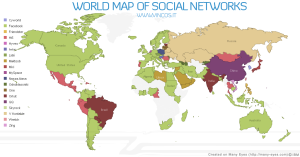
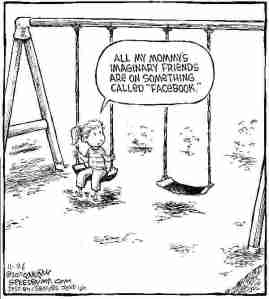
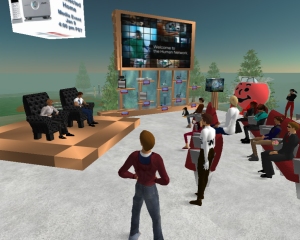
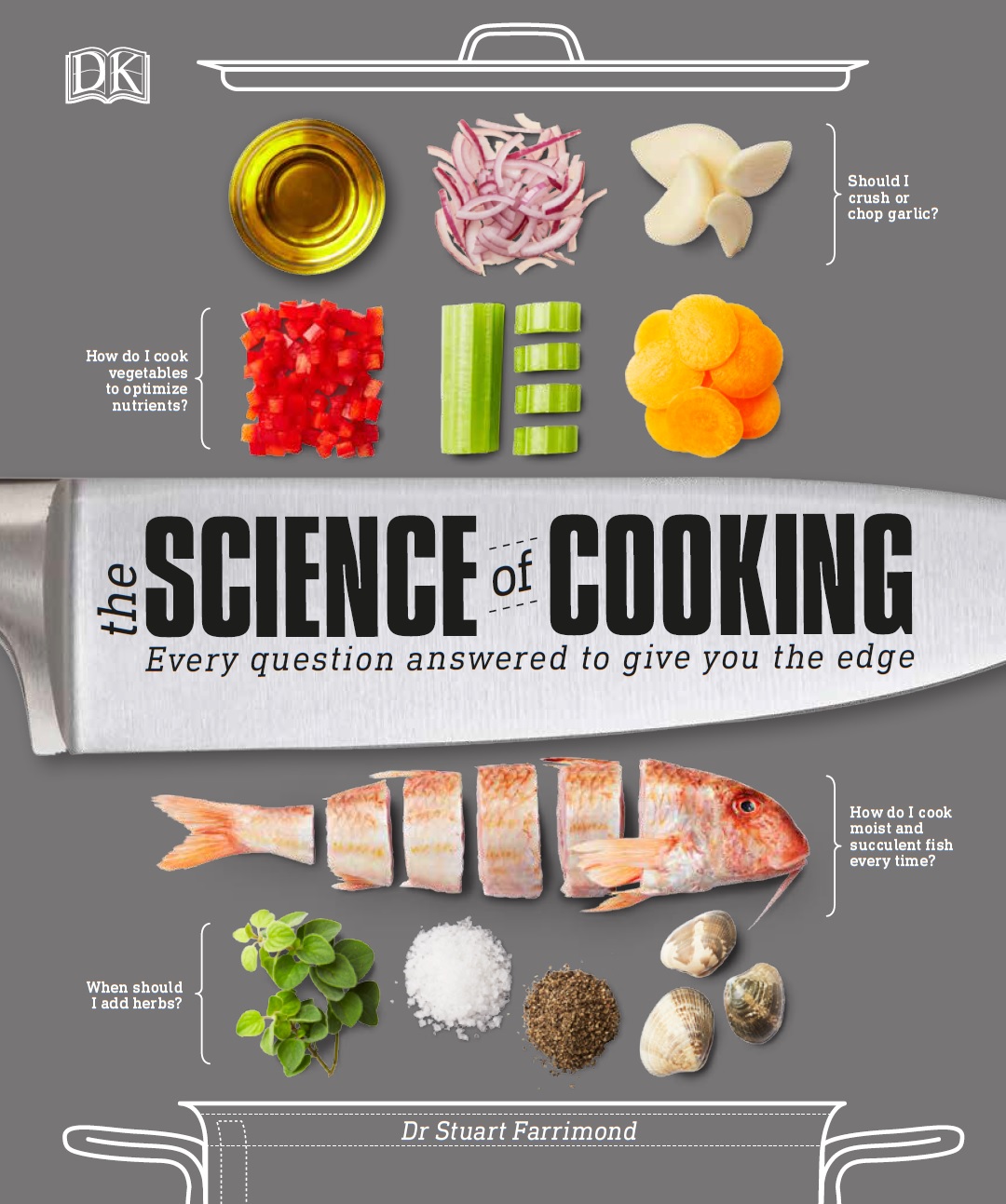



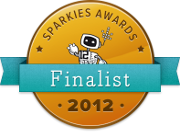
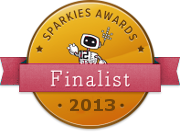



Thanks for the mention here - a number of interesting points made. Facebook, and all social media, should only ever be used as an additional communication platform - it should never replace the traditional methods. But equally, I’ve maintained some great relationships - especially with friends overseas - that may have been otherwise lost without facebook.
Posted by Ben Veal | February 25, 2011, 9:51 amFair enough dear chap, after posting this blog article I found some more rather interesting stuff - particularly on how technology effects the younger generations (I’ll also add the links above)…
“Teenagers who send and receive six to eight thousand texts a month and spend hours a day on Facebook. Mourners who send text messages during a memorial service because they can’t go an hour without using their BlackBerries. Children who see an authentic Galapagos tortoise at the American Museum of Natural History and can’t understand why the museum didn’t use a robot tortoise instead. High school students who wonder how much they should tilt their Facebook profiles toward what their friends will think is cool, or what college admissions boards might prize…” read more at NYTimes: http://tiny.cc/qtpzf
Also, a fantastic ‘Science Friday’ NPR radio interview on the same issues: http://tiny.cc/xqfeo
Posted by Stuart Farrimond | February 26, 2011, 7:47 pm